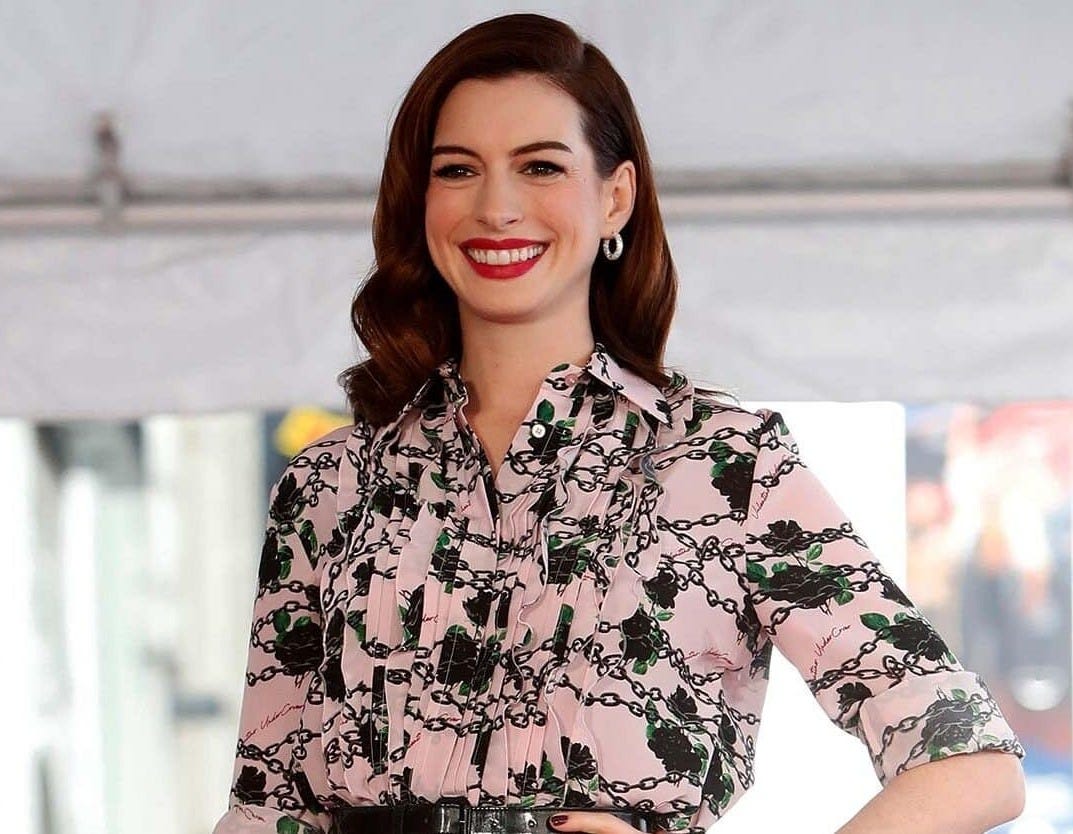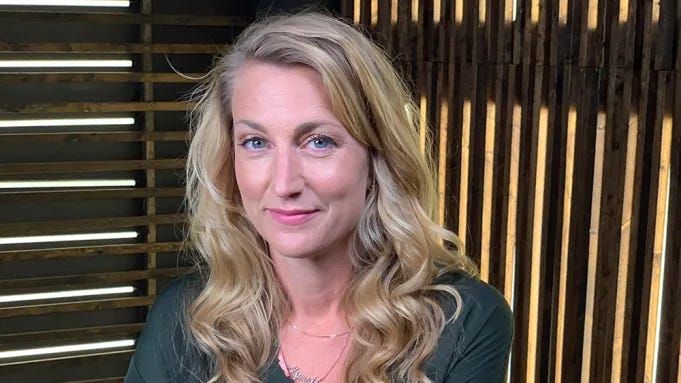What Your Apology May Accomplish
You may be embarrassed, ashamed, annoyed or angry yet saying you're sorry could unlock surprising goodwill and risk management
Being surprised to learn that we offended someone and them wanting an apology may require some mental gymnastics to wrap our mind around. We might not believe we should have to say “I’m really sorry” or we could be too fearful of doing it. Here’s why courageously extending that social courtesy could help you more than you realize:
Back in 2012 (yes, it’s 2024; hang with me here if you will), actress Anne Hathaway interacted roughly in an interview with entertainment journalist Kjersti Flaa, reported Chrissy Callahan at Today.com.
“This might be my worst interview idea ever,” Flaa titled her YouTube video with Hathaway, who was promoting her role in the 2012 film “Les Miserables” at the time.
The clip accumulated 250,000 views on the platform yet over 10 million more on Flaa’s TikTok account. It appears in the video that Hathaway was not amused with — or interested in — Flaa’s line of questioning and let it clearly be known with how short she was with her replies.
Regardless of how one may feel about Hathaway’s right to answer as she saw fit, a segment of viewers judged her as “rude” and “cringe.”
Hathaway must not have held a grudge though as Flaa says the actress has interacted with her since that interview and that Hathaway was “very sweet.”
Now, the star has reached out to the journalist with something “pretty amazing,” Flaa says, which happened to be a surprising apology with a “very personal note.”
The journalist wanted her followers to know that Hathaway’s publicist forwarded a kind email to her after the actress saw or rewatched the interview.
“She did something pretty amazing,” Flaa beamed. “She sent me a long email explaining to me what she was going through right then, when she did this interview. She apologized for giving me an awful interview, basically.”
Flaa had been shocked at how uptight it became.
“She was just being so dismissive of me,” Flaa said.
She now realizes that maybe her approach, which worked with other stars, could have made Hathaway uncomfortable. “I have to admit, maybe it was too much to ask her to sing back. But she could’ve been nice for the rest of the interview,” Flaa stated.
Flaa said that she and Hathaway decided together not to share the contents of their conversation regarding the apology.
What Hathaway did in reaching out and making right made a giant positive impact and resulted in hurt being released and an emotional injury being healed, with Flaa saying that she was the positively taken with the “amazing” gesture and she was “so grateful” to Hathaway.
“It was so touching to me, just talking about it makes me almost teary-eyed … it was a very personal note,” Flaa said.
There’s more: Hathaway has invited Flaa to interview her in the spring for her next movie, “Flowervale Street.”
Notice the genuine, thorough attempt and efforts at fully addressing the emotions and making a conflict “repair.”
"This is the message I've been trying to put forward in these videos I've been making — that we have to be nice and polite to each other," the journalist said.
At the same time, Flaa dived a little deeper into her interview style, saying she wants to “own up” to her own mistakes, including when her creativity doesn’t work out well and for interviews that "fall flat."
"I have so much respect for people who own up to their mistakes and say sorry,” she complimented Hathaway. “Thank you, really, from the bottom of my heart for saying (that) you’re sorry.”
Did you notice what happened in this situation as far as the outcome for both people?
First, the recipient (Flaa) of the hurtful behavior feels fantastic. This person is fully relieved of an long-held emotional burden and is happy, feeling tremendous respect for the person who hurt them. They have a fully positive feeling about what was formerly a disarming and painful experience.
Not only is there no longer any negativity in their mind, the impressive exchange and act of strong character resulted in an “all-positive” detailed account of kindness and conflict resolution that was communicated publicly about — and hundreds of thousands and millions reportedly have learned about it.
Wonderful publicity for the person who was experienced rudely.
As for Hathaway, she’s smart and knows how one bad reported act can lead to other people coming forth with their own discontent and anger or “bad actors” going to look for more examples to “out” and shame people to punish them.
To be fair, Hathaway could have genuinely felt badly and just wanted to do the “right” thing, now, after being reminded of how she came across when she was expected to be professional.
She has mitigated bad feelings (especially if there aren’t other instances that come to light) and earned effusive praise from the person whom felt mistreated.
The personal outreach and sincere, extensive conversation and apology: do you think it played out well for Hathaway (as well as Flaa) and was worth the emotions that she had to work through to do it?
The evidence, for now at least, says, unquestionably. Absolutely.
Maybe this is worthy of strong consideration as a response for regrettable situations that, in short-sightedness, we either willingly put ourselves in — or have otherwise occurred from unintended yet hurtful impacts.
Michael Toebe is a specialist for trust, risk, relationship, communications and reputation at Reputation Intelligence - Reputation Quality. He serves individuals and organizations by helping them further build, protect, restore and reconstruct reputation.
Subscribe for free or become a paid subscriber for extra benefits.
Follow Reputation Intelligence on Twitter/ “X”
Follow Reputation Intelligence on the Medium platform for more stories/insights








